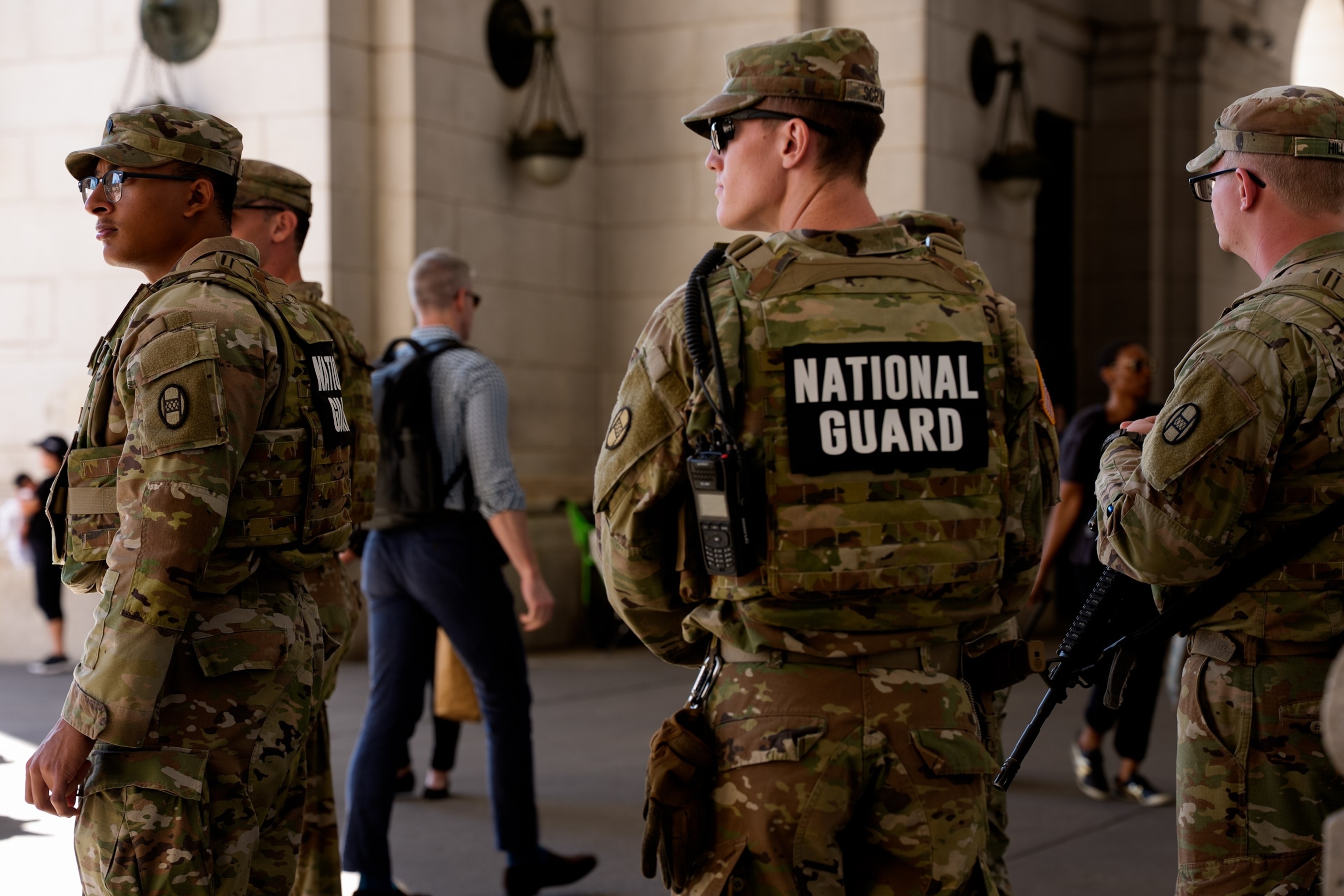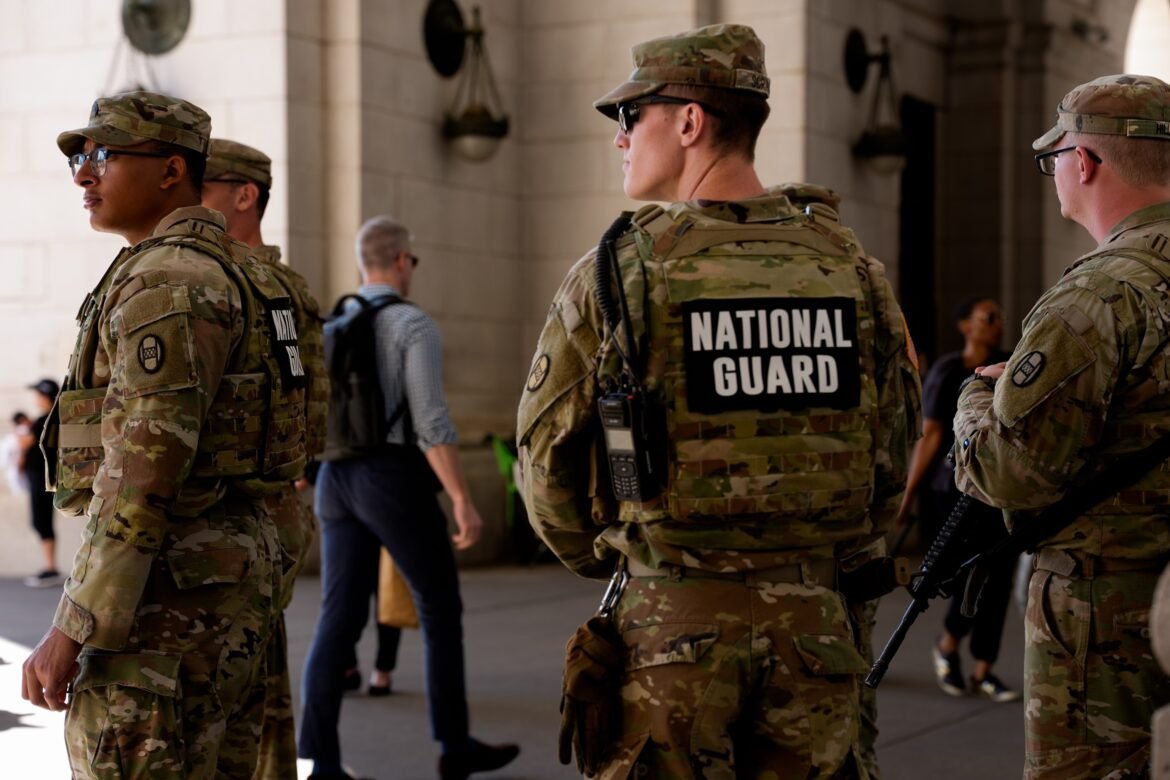Tennessee National Guard units will mobilize in Memphis on Friday as President Donald Trump’s administration turns to the states’ citizen-soldiers as an anti-crime measure in some of the nation’s largest cities.
The National Guard is deployed in three US states and the District of Columbia, while the federal government fights in court to have deployments in Illinois and Oregon (where state governors have protested the orders) upheld as legal.
On Thursday, a Chicago judge temporarily blocked the deployment of troops to Illinois.
The Tennessee Guard’s mission in Memphis, however, was authorized by Tennessee Governor Bill Lee, who retains control of the Guard under Title 32.
The 150 guardsmen will join a task force that includes 13 federal agencies, as well as state agencies and the Memphis Police Department.
In Trump’s executive order creating the task force, the White House said Memphis in 2024 had the highest rate of violent crime per capita in the country, according to FBI data. Violent crime data for 2025 collected by the FBI is not yet available.

Members of the National Guard stand outside Union Station, September 8, 2025, in Washington, DC
Andrew Harnik/Getty Images
Memphis officials have taken note of a steady drop in crime citywide over the past year, including a 16% year-over-year drop in crime, according to a crime panel updated by the city.
Memphis Police Chief CJ Davis said the Guard will not patrol neighborhoods or make traffic stops, but will support violent crime law enforcement through existing federal partnerships, according to ABC News Affiliate in Memphis.
The National Guard will not make arrests or issue arrest warrants, according to the city panel.
Enforcing federal immigration law will be among the priorities of the task force, which includes the Department of Homeland Security, the parent agency of Immigration and Customs Enforcement (ICE), according to Trump’s executive order.
Memphis is home to the region’s only immigration court, drawing people in limbo from across Tennessee, Arkansas and parts of northern Mississippi.
Authorities have arrested an increasing number of people in immigration courts since January, according to Colton Bane, director of the Community Legal Center’s Immigrant Justice Program.

